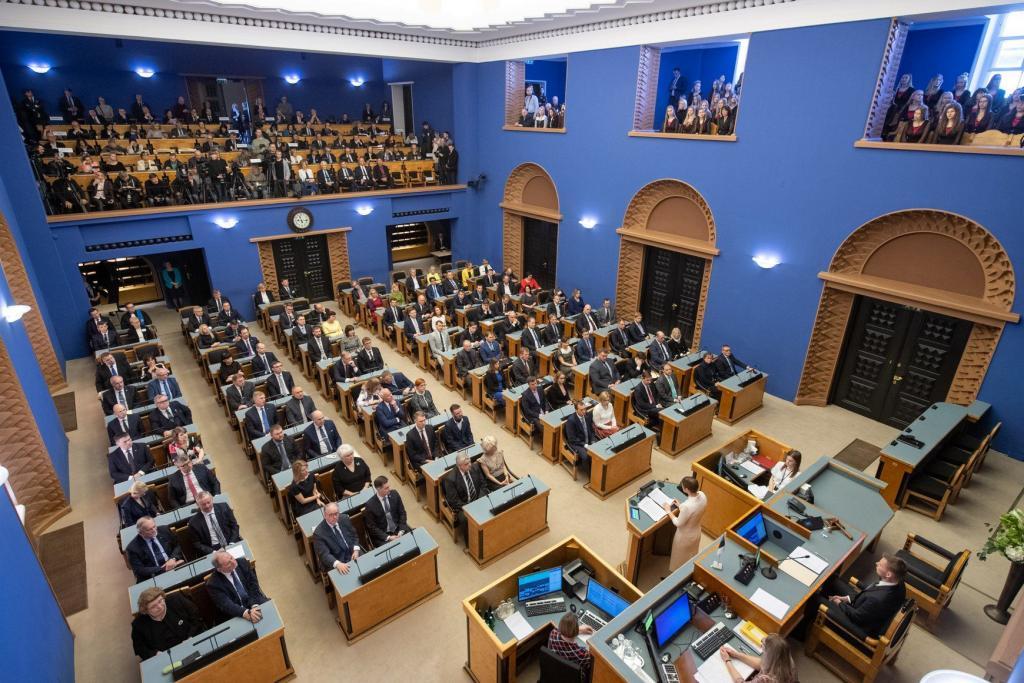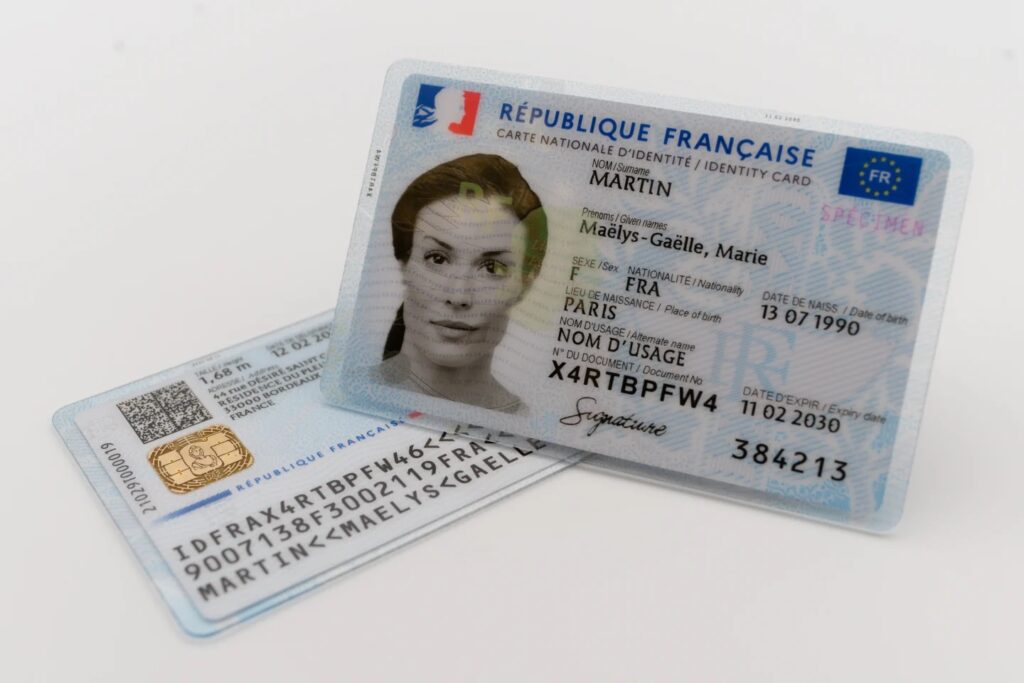Arthur Fertier, a French student specialised in political science and currently based in Tallinn, notes that a record number of Estonians voted online in the recent general election and asks whether it’s possible to copy Estonia’s system in France.
On 5 March 2023, the Estonian general election took place with a particularly high turnout of 63.7%. Although this turnout is almost the same as in 2019, this election marks a new record for the proportion of votes cast online. More than 51% of Estonians voted online this year, compared with 44% in the 2019 general election.
While the French legislative elections have failed to convince more than 50% of voters to go to the polls since 2017, reaching an all-time low of 47.5% in 2022, the question of the link between the impossibility to vote remotely and the abstention rate is raised.
A gradual adoption of online voting
As Estonia is a parliamentary system, Estonians do not vote directly for their president and gather during the general election to bring their favourite candidate to parliament, so that a government can be formed through a process of coalition.
In France, we can see from the abstention rate that legislative elections bring together fewer voters than presidential elections. However, does this mean the difference in abstention rates between the French and Estonian general elections is linked to an underestimation of the issues by the French?
More than half of the votes to elect the new next Estonian parliament were cast online this time. Is this a sign that voting needs to be made more convenient for French citizens, to make them want to vote again?
Since 2005, when online voting was first introduced in Estonia, the share of online votes in the total number of ballots cast has been growing with each election. This growth seems to be based mainly on a gradual gain of trust by citizens in a system that has so far not shown any considerable flaws, such as cyberattacks.
For its part, the government has not particularly needed to promote it in order to encourage online voting, but it does provide comprehensive information on the subject on its e-Estonia website.

How is online voting envisaged in France?
French legislation stipulates that French citizens living abroad can vote online in consular and legislative elections. During the 2022 legislative elections, French citizens living abroad were therefore able to vote from their computers, albeit with great difficulty for some.
Indeed, many technical failures were reported by voters, such as the failure to send codes (necessary to finalise the voting procedure) in the Nordic constituency, which simply prevented them from voting. The French interior ministry’s website for voting was also inaccessible for several hours, just before the polls closed. These multiple failures have reassured the most sceptical in their distrust of online voting method.
In Estonia, the question of reliability is taken very seriously and most of the constraints have been anticipated. To the French concern about the risk of infringing on free choice by abandoning the confidentiality of the polling booth (vote buying, blackmail, social pressure), Estonia responds by allowing online voters to change their minds, by voting several times during the same election (each vote cancelling the previous one) and even by voting at the ballot box directly, which cancels out the online vote.
Among all the other fears one might have, the one of technical failure has not really crossed the mind of Estonians, who have long since taken the digital turn – trust in a computerised system they know well and already use on a daily basis, for all types of administrative documents.
However, do not think online voting method is not contested in Estonia. The latest example is the populist Estonian Conservative People’s Party – or EKRE – that challenged the legitimacy of the results announced on 5 March, citing an unreliable and unsound system. This attitude shows disappointment because the party did not obtain the expected results in the election, but also because more than 2⁄3 of the voters of the leading Reform Party voted online, whereas more than 70% of EKRE voters opted for paper.

Can online voting really solve the abstention problem?
The ability of a society to accept the transition to online voting depends essentially on its ease and habit of living in a digitalised world. This represents a first obstacle for French society, which is experiencing a real generation gap in its ability to use digital technology daily. This transition to digital technology is not instantaneous since it took more than 15 years for half of Estonians to decide to vote online.
The other problem France will have to solve if it adopts widespread online voting will be that of security – and it will be necessary in particular to be able to guard against possible attacks by foreign powers or groups.
These are major issues that, once resolved, do not guarantee a decrease in abstention. Indeed, a Belgian study has shown, through several case studies (including Estonia and France) that internet voting has not reduced abstention. At most, it was able to reduce the number of invalid votes in Estonia.
The increase in mobilisation during the Estonian elections can be explained by multiple factors, such as a strong interest in politics linked to the position of Estonia in the context of the war in Ukraine, but also, perhaps, a different relationship between elected representatives and citizens.

It is hard to imagine the French would suddenly decide to mobilise to vote on the pretext that it is possible to vote from home. The problem seems to come from elsewhere, and probably from a generalised disinterest in politics.
This disinterest has several facets; a feeling of powerlessness and the impression that voting alone does not make a difference, a misunderstanding of the role of elected representatives and the importance of democratic representation, or a pure and simple disgust with a political system that is regularly the subject of controversy.
Just as we see the practical value of this technology, particularly for citizens living far from polling stations, it seems the abstentionist phenomenon in France will not be swept away so easily, but it will instead require great efforts on the part of the political sphere to restore meaning and appeal to the act of voting.
This is a lightly edited and shortened version of the article originally published on the website of Business Club for Francophones in Estonia.
The opinions in this article are those of the author.

